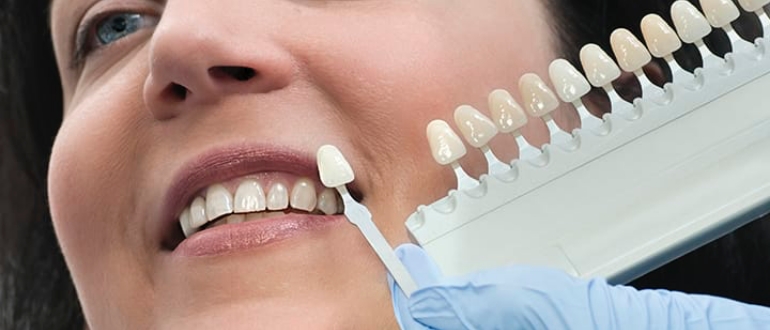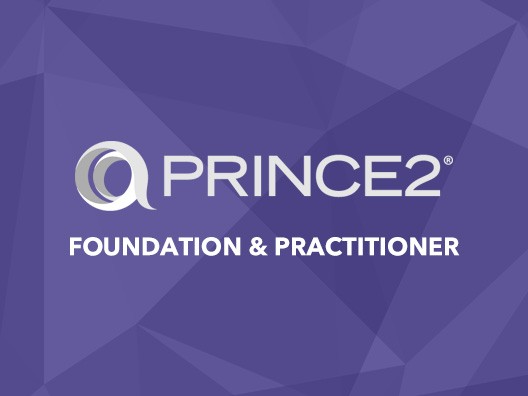Restorative dentistry is a specialized branch of dentistry that focuses on diagnosing, preventing, and treating oral diseases, as well as restoring the function and aesthetics of the mouth. Whether you have missing, damaged, or decayed teeth, restorative dentistry aims to bring your smile back to its optimal health and appearance. This article provides an overview of restorative dentistry, its procedures, benefits, and how it can improve your overall oral health.
What is Restorative Dentistry?
Restorative dentistry encompasses all dental procedures that repair or replace damaged teeth. The primary goal is to restore the natural function and appearance of teeth while ensuring the patient’s comfort and oral health. This field covers a wide range of treatments, from simple fillings to complex full-mouth reconstructions.
Key Procedures in Restorative Dentistry
- Fillings
- Purpose: To treat cavities and restore the tooth’s function.
- Materials: Composite resins, amalgam, gold, and ceramic.
- Process: The decayed portion of the tooth is removed, and the cavity is filled with a suitable material to prevent further decay and restore tooth integrity.
- Crowns
- Purpose: To cover and protect damaged or weakened teeth.
- Materials: Porcelain, ceramic, metal, or a combination.
- Process: The tooth is reshaped to fit the crown, which is then cemented over the tooth to restore its shape, size, and strength.
- Bridges
- Purpose: To replace one or more missing teeth.
- Materials: Porcelain fused to metal, all-ceramic, or all-metal.
- Process: A bridge consists of artificial teeth anchored to adjacent natural teeth or implants, filling the gap and restoring function.
- Implants
- Purpose: To replace missing teeth with a long-lasting solution.
- Materials: Titanium or zirconia.
- Process: A titanium post is surgically placed into the jawbone, acting as a root for the artificial tooth. Once healed, a crown is attached to the post.
- Dentures
- Purpose: To replace multiple missing teeth.
- Types: Full dentures (for all teeth) or partial dentures (for some missing teeth).
- Process: Custom-made artificial teeth are created and fitted to the mouth, restoring function and appearance.
- Inlays and Onlays
- Purpose: To restore damaged or decayed teeth that are too severe for fillings but not damaged enough for crowns.
- Materials: Gold, composite resin, or ceramic.
- Process: Inlays and onlays are custom-made in a dental lab and then bonded to the tooth, restoring its structure and function.
- Root Canal Therapy
- Purpose: To treat infected or severely decayed teeth and avoid extraction.
- Process: The infected pulp is removed, the inside of the tooth is cleaned and disinfected, and then filled and sealed. A crown may be placed for additional protection.
Benefits of Restorative Dentistry
- Improved Functionality: Restorative procedures enable patients to chew, speak, and smile with confidence and comfort.
- Enhanced Aesthetics: Treatments are designed to blend seamlessly with natural teeth, improving the overall appearance of the smile.
- Preventive Care: Restorative dentistry helps prevent further dental issues by addressing problems early and maintaining oral health.
- Longevity: High-quality restorative treatments can last for many years with proper care, providing long-term solutions to dental problems.
- Boosted Confidence: Restoring damaged or missing teeth can significantly enhance a person’s self-esteem and quality of life.
Choosing the Right Restorative Dentist
When seeking restorative dental care, it’s important to choose a dentist with experience and expertise in this field. Look for the following:
- Qualifications: Ensure the dentist has the necessary qualifications and certifications in restorative dentistry.
- Experience: Choose a dentist with a proven track record of successful restorative procedures.
- Patient Reviews: Read reviews and testimonials from previous patients to gauge their satisfaction with the dentist’s services.
- Technology and Techniques: Opt for a dental practice that uses modern technology and advanced techniques for optimal results.
- Personalized Care: A good restorative dentist will offer personalized treatment plans tailored to your specific needs and goals.
Conclusion
Restorative dentistry plays a crucial role in maintaining and improving oral health, function, and aesthetics. From simple fillings to complex implants, restorative procedures offer effective solutions to a wide range of dental issues. By choosing the right dentist and undergoing the necessary treatments, you can enjoy a healthy, functional, and beautiful smile for years to come.












